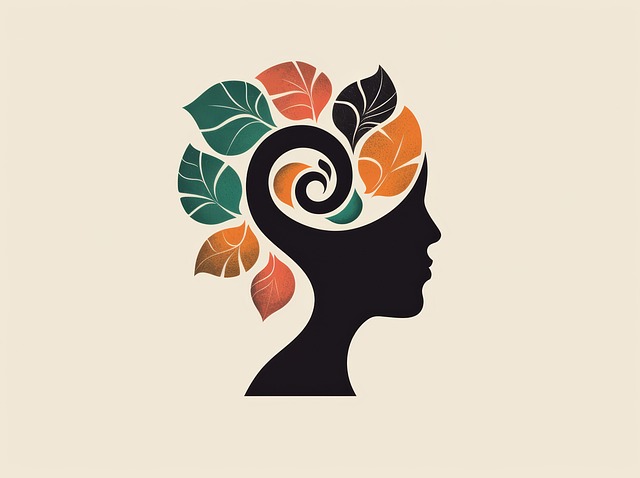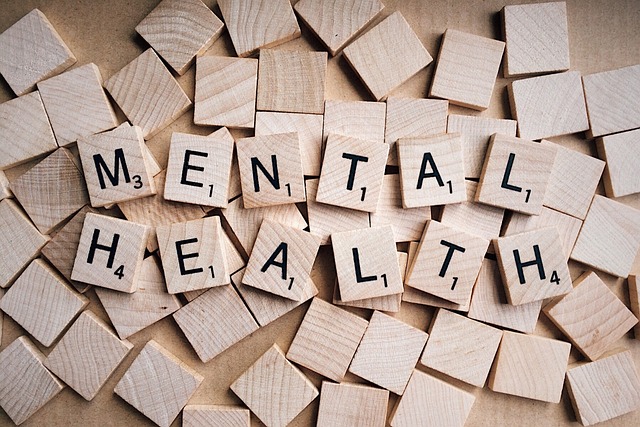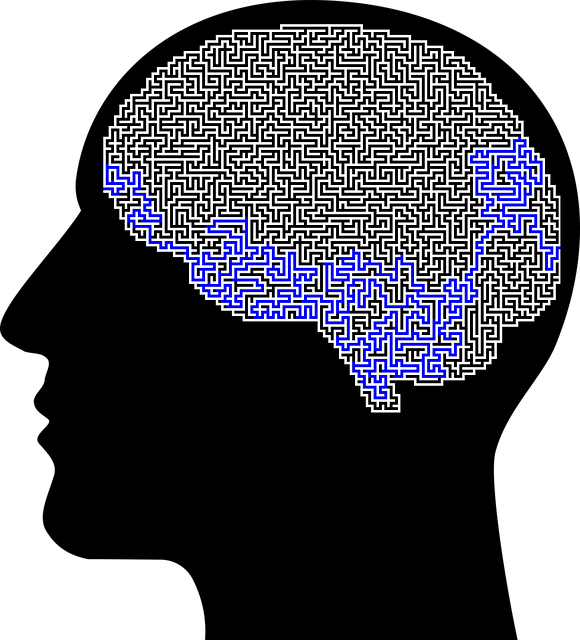TL;DR:
Therapy tailored for adults in polyamorous and open relationships addresses unique challenges like social skills gaps, emotional regulation difficulties, and communication issues stemming from mental health disorders. Using evidence-based approaches like Social Skills Training (SST), crisis intervention guidance, and cultural sensitivity, therapy empowers individuals to navigate social situations effectively. This fosters deeper connections and preserves mental wellness in non-traditional relationship models, while community outreach programs educate society and enhance essential social skills.
Social skills training offers a transformative path for individuals with mental health conditions, particularly those in polyamorous and open relationships. This article explores the profound impact of mental health on social interactions and presents unique challenges faced by folks in non-monogamous communities. We delve into effective techniques and benefits of social skills training, and highlight the power of supportive environments within polyamorous spaces for therapeutic growth. Discover how tailored therapy can enhance connections and foster well-being.
- Understanding the Impact of Mental Health on Social Interactions
- The Unique Challenges in Relationships for Polyamorous and Open Individuals
- Techniques and Benefits of Social Skills Training
- Creating a Supportive Environment for Therapeutic Growth in Polyamorous Communities
Understanding the Impact of Mental Health on Social Interactions

Mental health conditions can significantly shape an individual’s social interactions and relationships. For adults navigating polyamorous or open relationships, understanding and managing these dynamics is essential for their well-being. Conditions like depression, anxiety, or bipolar disorder may alter social cues, communication styles, and emotional regulation, making it challenging to connect with others. Therapy for Adults Polyamorous and Open Relationships can offer specialized support, addressing the unique social skills gaps that arise from living with a mental health condition while fostering healthy interpersonal connections.
Crisis intervention guidance is often integrated into these therapeutic approaches to help clients manage intense emotions during social interactions. By cultivating cultural sensitivity in mental healthcare practice, therapists ensure that diverse relationship models are respected and supported. Anxiety relief techniques tailored for social situations can empower individuals to engage more fully, fostering deeper connections with partners and community members.
The Unique Challenges in Relationships for Polyamorous and Open Individuals

In the context of therapy for adults polyamorous and open relationships, navigating interpersonal connections presents unique challenges. These individuals often find themselves at a crossroads where traditional relationship dynamics diverge, creating a complex web of emotional interactions. The concept of exclusivity, so central to many romantic partnerships, is notably absent or redefined in polyamorous and open relationships. This shift can lead to misunderstandings and communication breakdowns with both partners and potential new entrants.
Compassion cultivation practices have emerged as valuable tools in fostering mental wellness podcast series production for this demographic. By cultivating empathy and understanding towards oneself and others, individuals in polyamorous and open relationships can navigate the intricate landscape of their emotional lives more effectively. Preventing burnout is also crucial; these relationships often demand a high level of self-awareness, transparency, and commitment, which can be mentally taxing without robust coping mechanisms. Through dedicated therapy sessions tailored to their needs, adults engaging in polyamorous and open relationships can enhance their social skills, build stronger bonds, and safeguard their mental wellness.
Techniques and Benefits of Social Skills Training

Social Skills Training (SST) offers a range of evidence-based techniques to enhance communication and interaction for individuals managing mental health conditions. Through role-playing, modeling, and guided practice, SST helps clients develop effective communication strategies, improve emotional regulation, and build healthier relationships. For adults navigating polyamorous or open relationships, SST can be particularly beneficial, fostering better boundary setting, conflict resolution, and understanding of consent within these unique dynamic structures.
The benefits extend beyond relationship contexts, as improved social skills often lead to increased confidence in public settings, enhanced employment prospects, and better stress reduction methods. Incorporating cultural sensitivity in mental healthcare practice is integral to SST, ensuring that interventions are tailored to meet the diverse needs of a wide range of clients, including those from various ethnic backgrounds and LGBTQ+ communities. By integrating these techniques into therapy, professionals can empower individuals to thrive socially while managing their mental health effectively.
Creating a Supportive Environment for Therapeutic Growth in Polyamorous Communities

In the context of therapy for adults polyamorous and open relationships, creating a supportive environment is paramount for therapeutic growth. Polyamorous communities often face unique challenges that can impact mental health, including complex dynamics within relationships and societal stigma. Implementing a community outreach program focused on education and acceptance can foster an environment conducive to healing. By encouraging open dialogue, promoting understanding, and providing safe spaces for individuals to share their experiences, these programs facilitate the development of essential social skills.
Social skills training is a crucial component in addressing the specific needs of polyamorous individuals. This training can help participants navigate interpersonal interactions more effectively, manage stress related to relationship complexities, and build resilience against external pressures. Through tailored interventions, members of polyamorous communities can learn coping strategies, enhance communication skills, and strengthen their support networks—all vital elements for maintaining mental well-being in the face of societal challenges.
Social skills training offers a powerful tool for improving mental health and fostering healthier relationships, especially within polyamorous and open communities. By learning effective communication techniques and navigating social dynamics, individuals can enhance their connections and overall well-being. This tailored approach to therapy empowers adults in polyamorous and open relationships to overcome unique challenges, promoting understanding and support among partners and community members. Through creating supportive environments, these training programs enable participants to embrace growth and build stronger, more fulfilling bonds.














